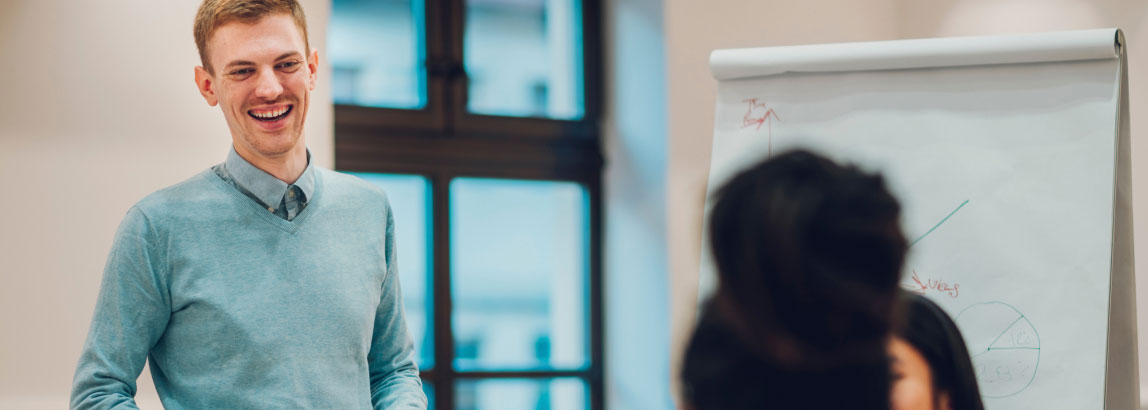Not found

Related vacancies

Postdoc in Social Psychology
- 1 / 1
- Faculty of Behavioural and Movement Sciences
- Researcher / Postdoc
- LL.M
- Closes on31-08-2025
- Publishing date04-06-2025
-
0.0 km
Interested in conducting research on the emotional roots of moral condemnation, as informed by an evolutionary psychology perspective?
View vacancy

PhD position in Photonic Processors
- 0.8 / 1
- Faculty of Science
- PhD
- MSc
- Closes on31-10-2025
- Publishing date23-07-2025
-
0.1 km
Are you passionate about pushing the boundaries of photonic processors?
View vacancy

PhD position in Biomedical Optics
- 0.8 / 1
- Faculty of Science
- PhD
- MSc
- Closes on01-09-2025
- Publishing date17-07-2025
-
0.1 km
Join us to revolutionize cancer diagnosis with Immuno-OCT, offering 100x better resolution. Develop advanced imaging systems and innovate fluorescence detection. The project is funded by a recently awarded Advanced ERC grant.
View vacancy
This website uses cookies
We, and third parties, use cookies on our website. We use cookies to ensure that our website functions properly, to store your preferences, to gain insight into visitor behavior, but also for marketing and social media purposes (showing personalized advertisements). By clicking 'Accept', you agree to the use of all cookies. In our Cookie Statement. you can read more about the cookies we use and save or change your preferences. By clicking 'Refuse' you only agree to the use of functional cookies.